African, Caribbean nations call for reparations for colonial slavery
Representatives from African and Caribbean organizations have demanded reparations for slavery and its legacy in today's society.
The University of the West Indies (UWI), the Economic, Social and Cultural Council of the African Union (AU), the Government of Barbados, the grant-making network Open Society Foundations, and the Caribbean Pan-African Network joined together in the capital of Barbados, Bridgetown, to demand reparations for these "historical crimes".
In a statement, the UWI said the meeting in Bridgetown, from Monday to Thursday, included strategy and plenary sessions and was the start of a "ground-breaking" transcontinental campaign.
The ambassadors and representatives from AU member states and the Caribbean Community Political and economic union (CARICOM) were present at the ceremony.
Hilary Beckles, head of the CARICOM reparations commission, told a news conference on Thursday that the meeting is a historic event that is necessary for humanity.
"This is a historic moment... humanity cannot go forward with all the toxic interferences of colonization. We have to clean up this mess to allow humanity to function," she said.
The CARICOM reparations commission, which was set up to seek reparations from former colonial powers such as Britain, France, and Portugal, "sees the persistent racial victimization of the descendants of slavery and genocide as the root cause of their suffering today", it said in its 10-point reparation plan.
The UWI statement said that the outcomes of the meeting include a proposal for a roadmap for expanded cooperation between the African Union and CARICOM.
Yousseouf Mandoha, an AU official, said: "It is crucial to recognize how slavery, colonialism, and racism intersect and impact the lives of Black people around the world."
From the 15th to the 19th century, at least 12.5 million Africans were kidnapped and forcibly transported by European ships and traders and were enslaved.
Those who survived the brutal journey were eventually employed on plantations under inhumane conditions in the Americas, mainly in Brazil and the Caribbean, while others profited from their labor.
Barbados, where the meeting was held, received 600,000 African slaves between 1627 and 1833, who worked on sugar plantations for English owners and made a fortune for them.
The Caribbean island ditched Britain's late Queen Elizabeth as head of government in 2021 and renewed its campaign for reparations.
The idea of paying reparations or other compensation for slavery has a long history, but the movement is gaining momentum around the world.
The European Union said earlier this month that Europe's slave-trading past caused "untold suffering" to millions of people and called for reparations for what it described as "crimes against humanity".
Norway refuses to face Israel in 2026 World Cup qualifier over Gaza atrocities
Israel must stop demolition of Palestinian homes in West Bank: OCHA
VIDEO | Leader meets with top Iranian women experts on family, empowerment, and resistance
UN condemns Israel for violating 1974 Syria truce deal after seizing 'buffer zone'
VIDEO | Sana'a university protest: Solidarity with Gaza, condemnation of Arab silence
Assad knew aligning with pro-Israel Arab rulers would mean betrayal of Palestine
Israeli shelling knocks out northern Gaza’s sole intensive care unit
President Pezeshkian departs Tehran for D-8 meeting in Egypt


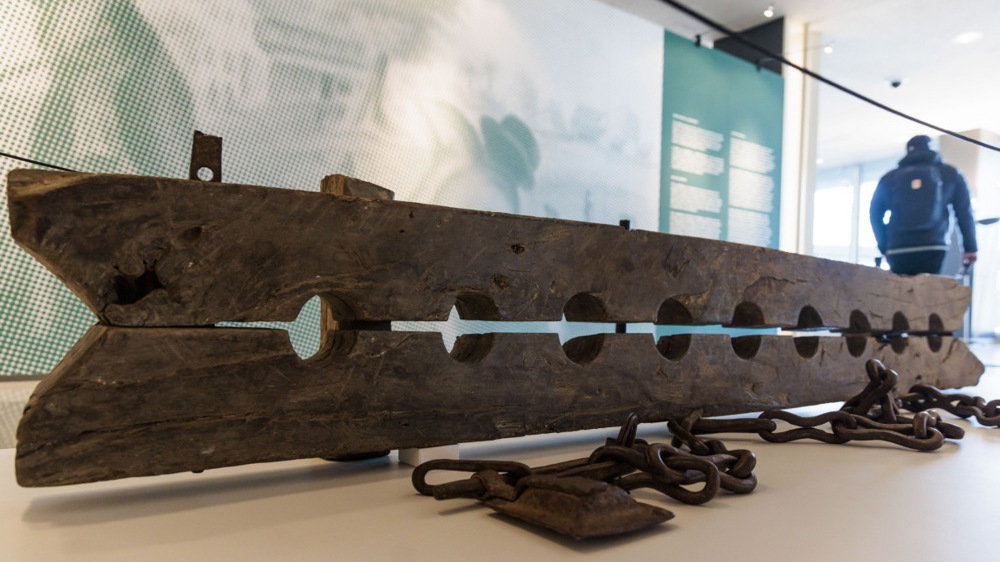
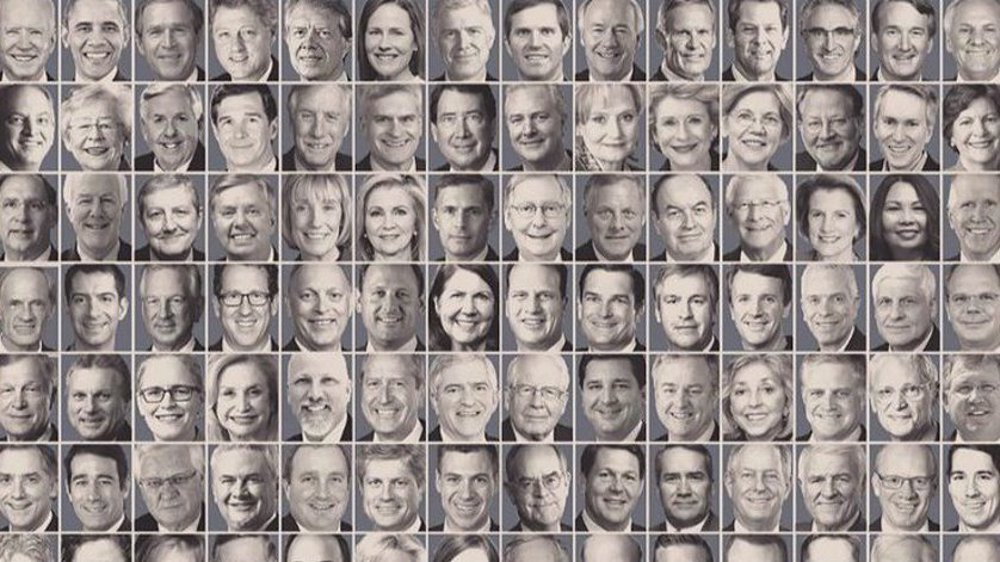
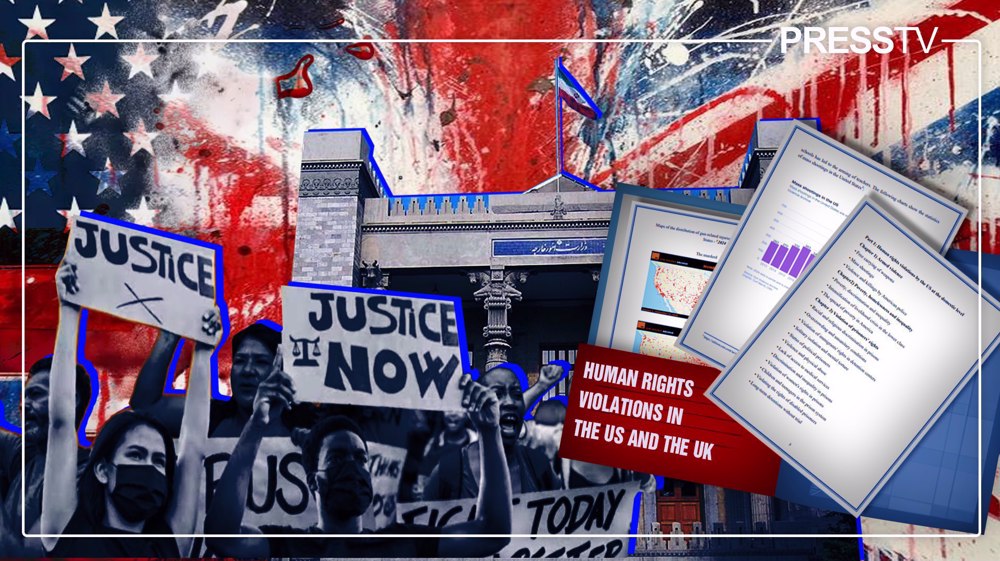
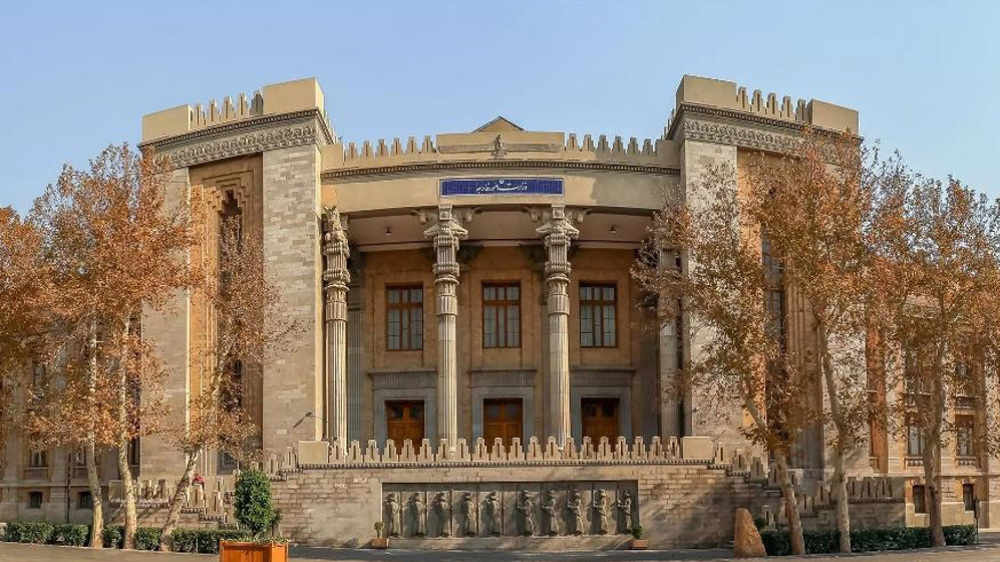




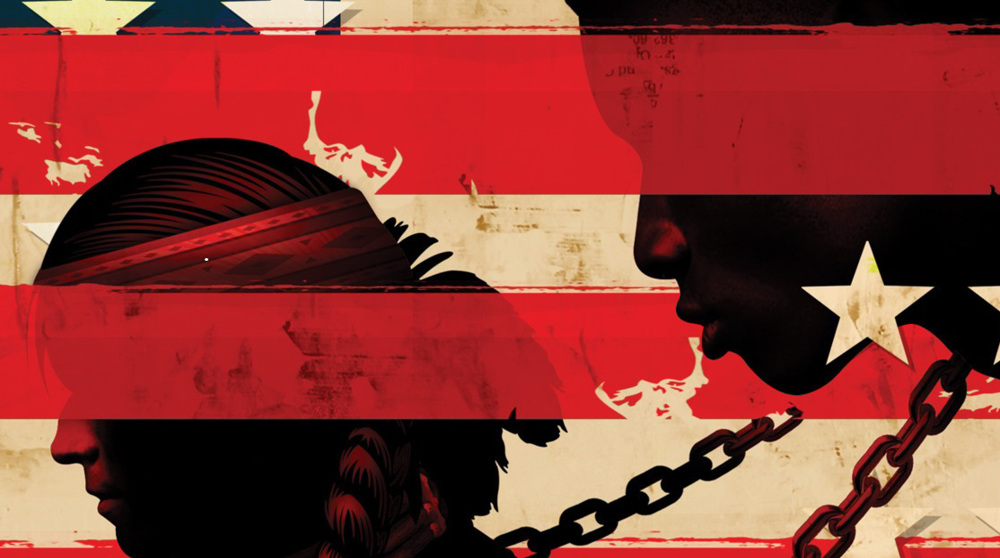
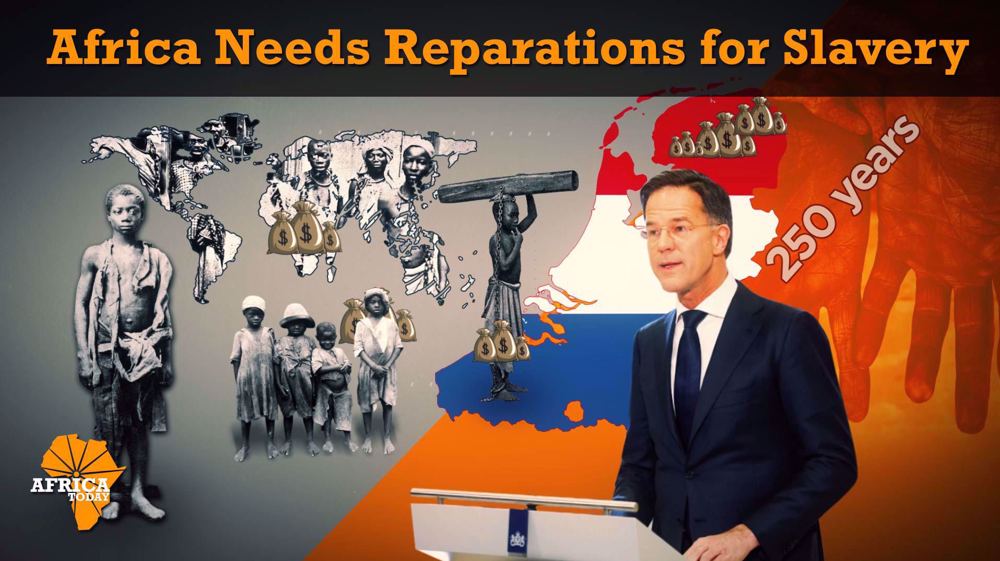
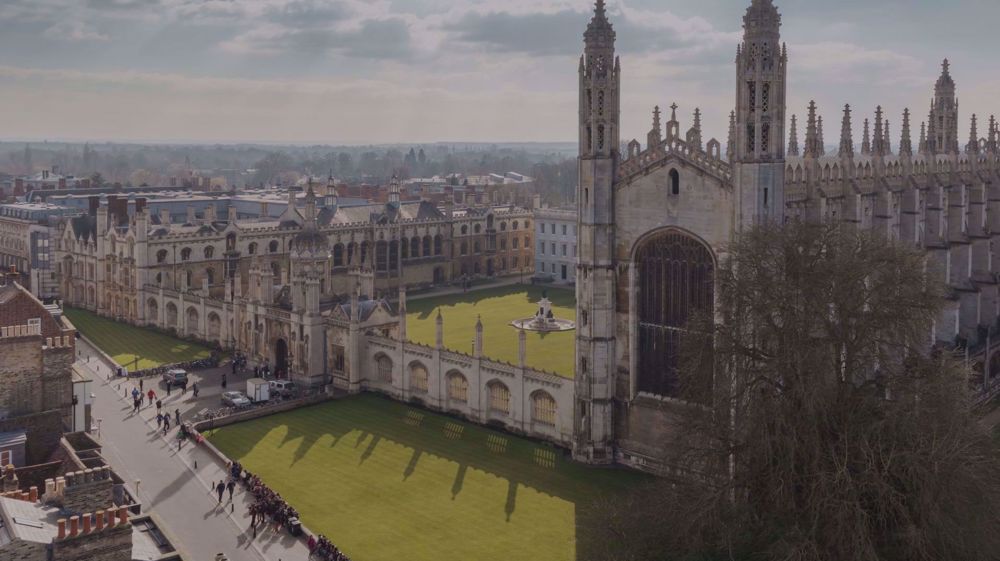

 This makes it easy to access the Press TV website
This makes it easy to access the Press TV website